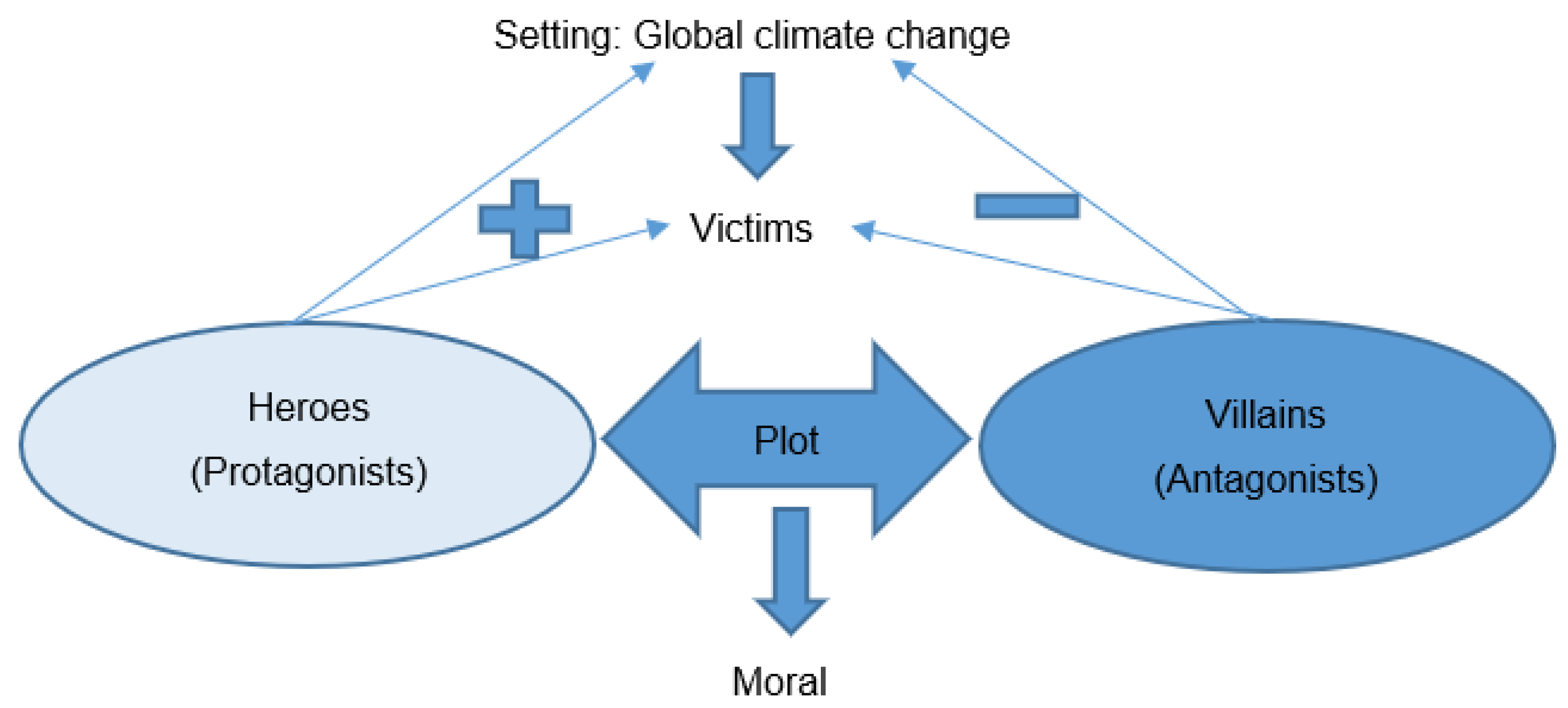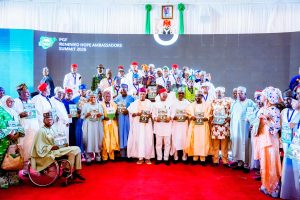As the world grapples with the consequences of climate change, Nigeria stands at a critical juncture, where ignorance and apathy towards this global crisis persist. The alarming lack of knowledge among the citizens poses a significant obstacle in the fight against climate change.
This article aims to shed light on the importance of climate change awareness, its impact on individuals, and the collective role Nigerians can play in mitigating this pressing challenge.
Despite climate change’s growing prominence on the global agenda, many Nigerians remain unaware of its far-reaching implications. The lack of knowledge stems from a variety of factors, including limited access to education and information, inadequate media coverage, and the prioritization of more immediate concerns such as poverty and unemployment. As a result, the urgency of climate action is often overlooked, leading to apathy and complacency.
Climate change is not a distant concept; it profoundly affects every aspect of Nigerian life. From agriculture and food security to health and economic stability, its impacts are far-reaching and detrimental. Rising temperatures lead to extreme weather events, including floods and droughts, disrupting livelihoods and exacerbating poverty. With Nigeria’s heavy reliance on agriculture, changing climate patterns threaten food production and access to safe drinking water.
To address the knowledge gap, concerted efforts are needed to educate and sensitize the public about climate change’s reality and consequences. Effective communication through various channels, including radio, television, social media, and community gatherings, can bridge the information divide. Collaborations between government agencies, civil society organizations, and educational institutions can play a vital role in disseminating accurate information and fostering climate literacy.
As individuals, Nigerians have the power to contribute significantly to climate change mitigation.
Embracing sustainable practices in daily life can make a substantial impact. Simple actions like conserving energy, reducing waste, and embracing eco-friendly transportation can collectively drive positive change. Moreover, encouraging businesses and policymakers to prioritize sustainability and invest in renewable energy solutions can propel Nigeria towards a low-carbon future.
Integrating climate change education into the formal curriculum is essential to create an informed and proactive generation. By fostering an early understanding of climate science, ecological stewardship, and sustainable practices, young Nigerians can grow up as climate-conscious citizens, equipped to tackle future challenges. Furthermore, promoting research and development in climate adaptation technologies can aid in finding context-specific solutions for Nigeria.
Empowering grassroots movements and community-based organizations can amplify the voices of climate advocates and catalyze local climate action. Supporting local initiatives aimed at afforestation, reforestation, and waste management can have a direct and positive impact on climate resilience within communities.
The lack of knowledge and apathy towards climate change in Nigeria is a challenge that demands immediate attention. Educating citizens about the realities and implications of climate change is crucial for fostering climate consciousness and action. As Nigeria confronts this global crisis, individuals, communities, businesses, and policymakers must collectively embrace sustainable practices and prioritize climate action. By empowering Nigerians with knowledge and fostering a culture of environmental responsibility, the nation can actively contribute to global efforts in mitigating climate change and securing a sustainable future for generations to come.
Ifunanya Igwe
Climate Change Advocate | Media & Communications Expert














